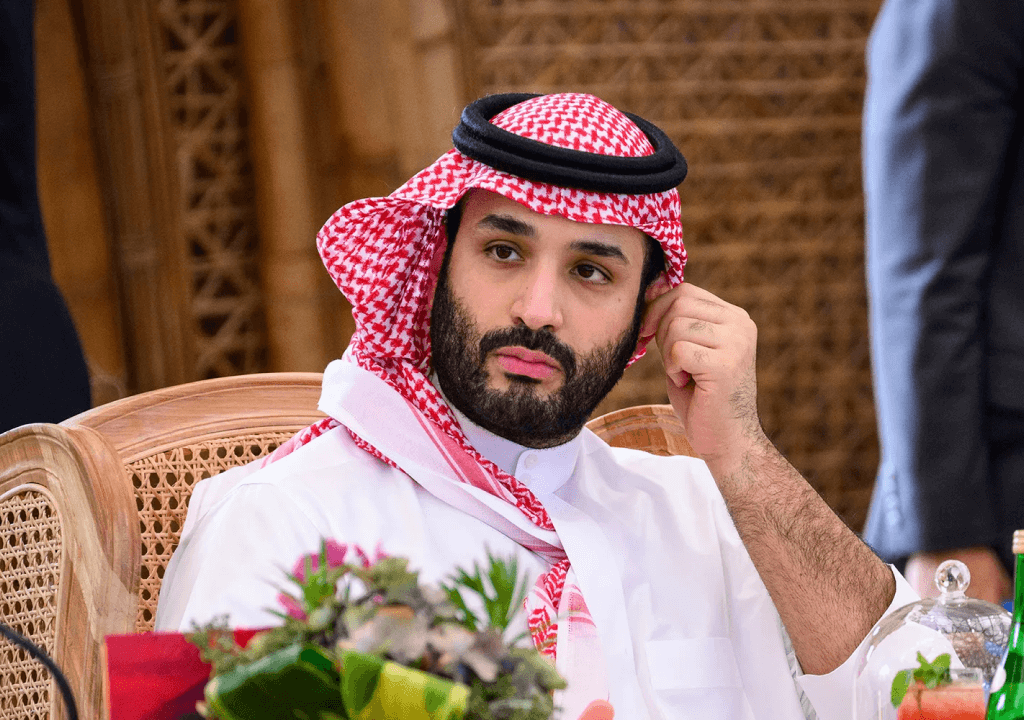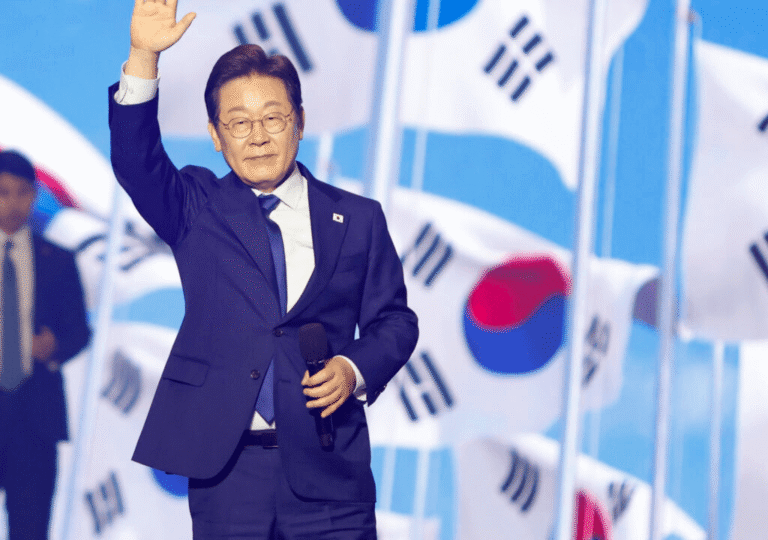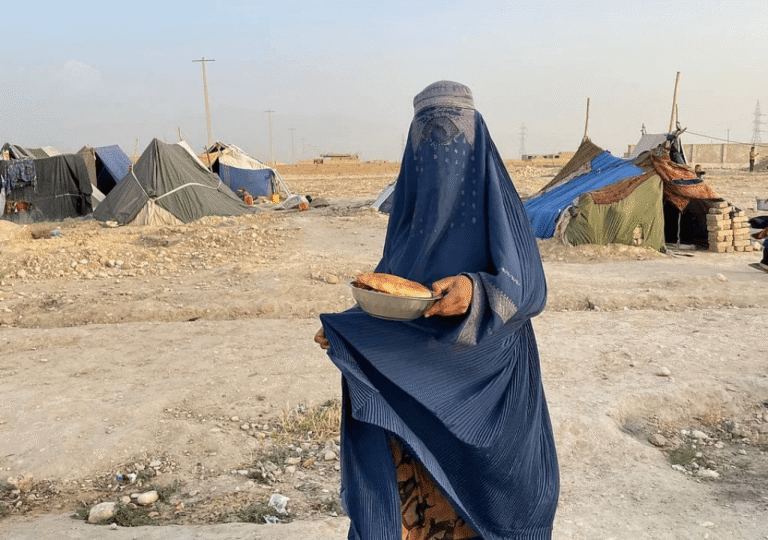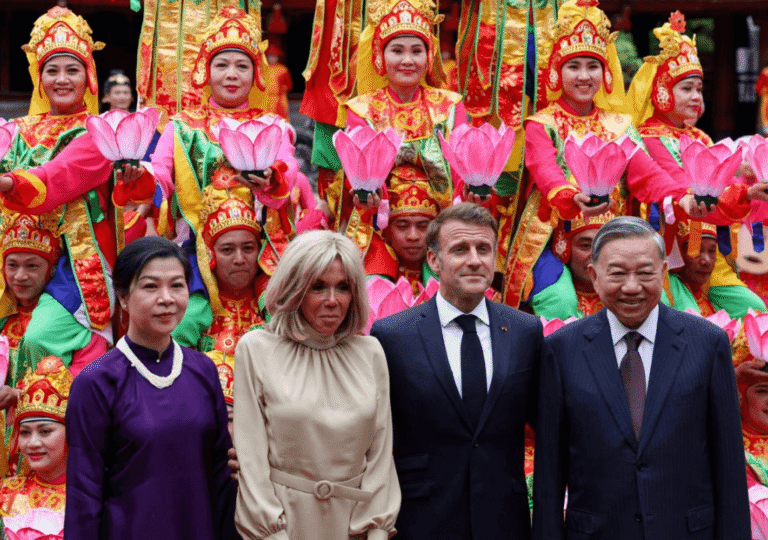FIFA, the governing body of football, stands on the verge of selecting Saudi Arabia as the host nation for the 2034 World Cup. Hosting the FIFA World Cup grants unparalleled visibility and prestige to the chosen country, making it a highly coveted achievement for Saudi Arabia to showcase itself to the world stage. However, FIFA’s decision to potentially award hosting rights to Saudi Arabia has sparked controversy, given the organization’s frequent accusations of corruption and Saudi Arabia’s poor human rights record. The previous selection of Qatar as a host, despite its lack of significant football history and its issues with labor and human rights, also raised skepticism before. And before Qatar it was Russia. Now, with Saudi Arabia aspiring to host the 2034 tournament. This has prompted concern among human rights advocates, who fear that Saudi Arabia may be attempting to use the World Cup as a means of diverting attention from its human rights violations through a practice known as “Sportswashing”, portraying a positive image to the world while ignoring underlying issues.
The Guardian, the center-left British media outlet, has already published a series featuring how migrant workers are being used or scammed in the name of the World Cup in Saudi Arabia. Qatar serves as a precedent example; the stadiums built without basic security or regard for the value of people’s lives host the World Cup. Many lives have been lost for the World Cup, and many people have been abused by the peculiar visa scheme Qatar offers for workers. The Saudi Arabian World Cup is expected to be a second version of Qatar.
Saudi Arabia’s human rights record is dismal. Despite limited efforts to fortify its human rights framework, the nation receives a dismal score of eight out of 100 in the widely recognized Freedom in the World report, issued by Freedom House, which evaluates political rights and civil freedoms. The law mandates that wives must submit to their husbands in a manner considered “Reasonable”, and any disrespect toward the government can result in severe punishments. Moreover, human rights organizations are prohibited from operating in Saudi Arabia.
There is widespread skepticism regarding FIFA’s ability to fulfill its human rights obligations, even if they are strictly limited to World Cup-related projects. Nonetheless, there is still an opportunity for potential action. As part of its bid, Saudi Arabia for the 2034 World Cup must provide an impartial evaluation of human rights conditions in the nation to FIFA by this summer. “Sustainability and Human Rights” constitute one of the six selection criteria, and FIFA is obligated to assess human rights risks as part of the selection process.
FIFA has committed to ensuring the protection of worker’s rights and their safety as part of its efforts to uphold human rights. Saudi Arabia stands out for having the poorest labor conditions among Gulf nations. There is Similar conditions in Qatar too. However, Saudi Arabia presents its own unique challenges. Recent advancements in labor rights are highlighted by Saudi authorities, including the abolition of the kafala system, which previously tied migrant workers to their employers, and the implementation of regulations governing recruitment. Workers are now permitted to join legitimate independent trade unions, allowing them to file complaints without fear of prosecution. Additionally, the absconding law has been eliminated, ensuring that it is no longer considered a crime for workers to leave their employment.
Perhaps these fears are only held by certain left-wing groups, human rights organizations, and newspapers. Maybe these reports come from individuals who seek to tarnish Saudi Arabia’s reputation. Perhaps they come from people in Bangladesh and Pakistan who are willing to sacrifice their lives to obtain significant financial gain that can support their large families. However, we all know that FIFA is playing a double game by selecting these hosts. While they promote progressive values, they prioritize countries’ financial interests over these values. Or we can believe that FIFA is on a mission to slightly improve human rights in the countries where it completely lacks.








